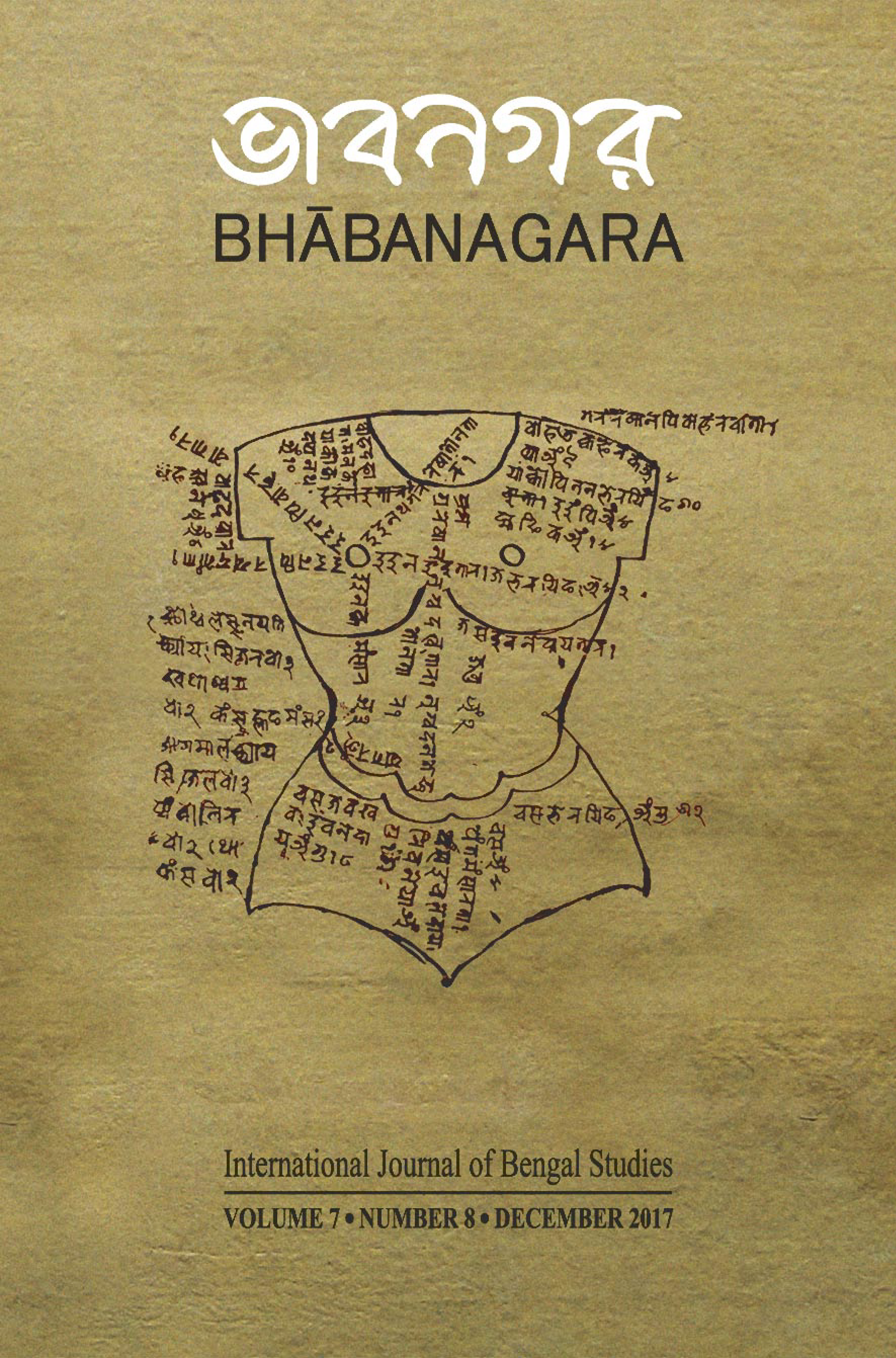বাঙালি মুসলিম জাতীয়তাবাদের পরিবর্তন ও ধারাবাহিকতা: বঙ্গবন্ধুর অসমাপ্ত আত্মজীবনীর ঐতিহাসিক মর্যাদা| Change and Continuity in Bengali Muslim Nationalism: The historical relevance of Bangabandhu's Unfinished Memoirs
DOI:
https://doi.org/10.64242/bijbs.v7i8.3Abstract
In the early 2000s, four notebooks were found, written by the hand of Sheikh Mujibur Rahman, father of the nation of Bangladesh. On the initiative of his daughter Sheikh Hasina, those documents were published as a book entitled Asamapta Atmajiboni [Unfinished Memoirs] and translated in several languages. When we worked on the French translation and adaptation, our objective was twofold: to introduce Bangabandhu to a larger and mostly unaware Francophone readership, as an influential nationalist leader in 20th century South Asia; and, through the inclusion of critical footnotes, to provide an analysis of the facts documented by Mujib, in order to make it a primary source usable by historians and students working on the political and social history of the Indian subcontinent. Given the fact that Mujib extensively writes about his early political engagement as a young local leader, i.e. before the 1947 Partition of Bengal, this article aims at highlighting the continuity in the history of Bengali Muslim nationalism. While many historians have studied Mujib's political life starting from the creation of the Awami Muslim League, we believe that this book provides critical historical elements to understand the continuity of his (and other leaders) engagement, first for the creation of Pakistan, and then for greater recognition and autonomy of the citizens of East Bengal.

Downloads
Published
Issue
Section
License
Copyright (c) 2025 BHĀBANAGARA: International Journal of Bengal Studies

This work is licensed under a Creative Commons Attribution-NonCommercial-NoDerivatives 4.0 International License.





